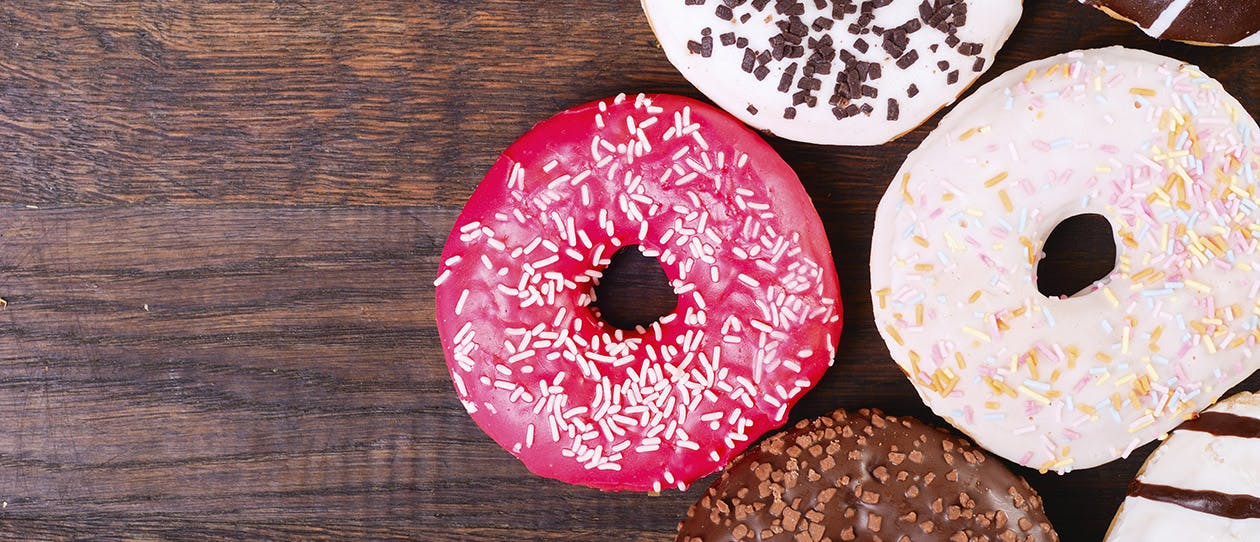
Natural therapies to help control post-workout reward syndrome
Chromium can help reduce cravings for sweet foods that may develop due to dieting or low blood sugar levels.


If you exercise regularly but don't feel like you see many results for all your effort, there may be a very good reason. It could be explained by post-workout reward syndrome, a phenomenon where people eat and treat after exercise, negating the benefits of their activity.
Some people experience an increase in appetite after exercising, while others don't, and this is reflected in recent research.
For example, a study found that a six-week exercise program can improve the body's ability to appropriately regulate appetite in men. Men who exercised for about forty-five minutes, four days each week, ate less at a buffet than men who weren't active, their appetites being more in tune with the amount of kilojoules they were consuming.
Swimmers may also be more susceptible to post-workout reward syndrome. According to Louise Burke, Head of the Department of Sports Nutrition at the Australian Institute of Sport, swimmers can feel like "eating a horse" after they have finished a swim training session. This may be because of the cool temperatures in which swimmers train.
By contrast, runners and cyclists usually experience an increase in body temperature during training, which may serve to suppress appetite.
What is clear, however, is that if you are one of the people who experience an increase in appetite after exercise, then post-workout reward syndrome has the potential to make you gain weight rather than lose it.
Post-workout reward syndrome may be just as much a psychological response to exercise as it is a physiological hunger response.
People may feel that they deserve a reward after exercise. Exercise depletes not only your body of kilojoules but also your self-control.
According to research, self-control operates like a limited strength, and the capacity for self-control is diminished after strenuous use.
While regular exercise may allow you the occasional extra indulgence, don't make it a habit.
Get to know how many kilojoules are in the foods you eat (which may be more than you think), and how many kilojoules you're expending during exercise (which may be less than you think).
If your goal is fat loss, drink water after exercise, and delay your eating for 30-60 minutes to maximise the effect of the fat burning hormones you have stimulated. Focus on eating a healthy diet, and have small portions when you do eat high kilojoule foods. Also, try to reward yourself with non-food related treats, such as a magazine, book, DVD or massage.
Chromium can help reduce cravings for sweet foods that may develop due to dieting or low blood sugar levels.